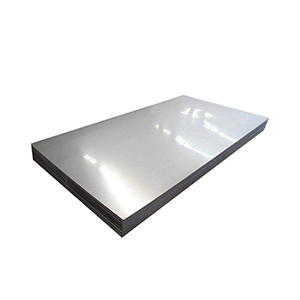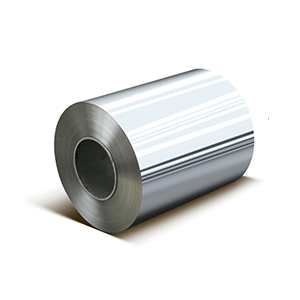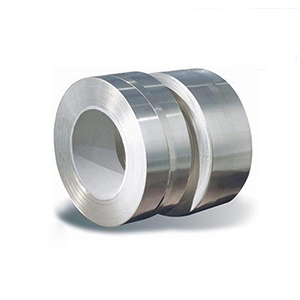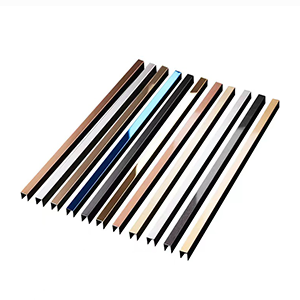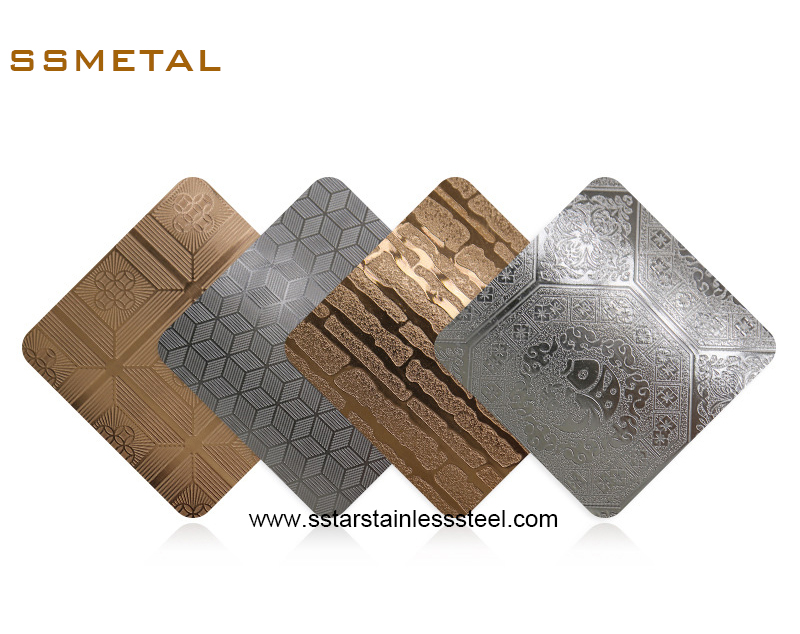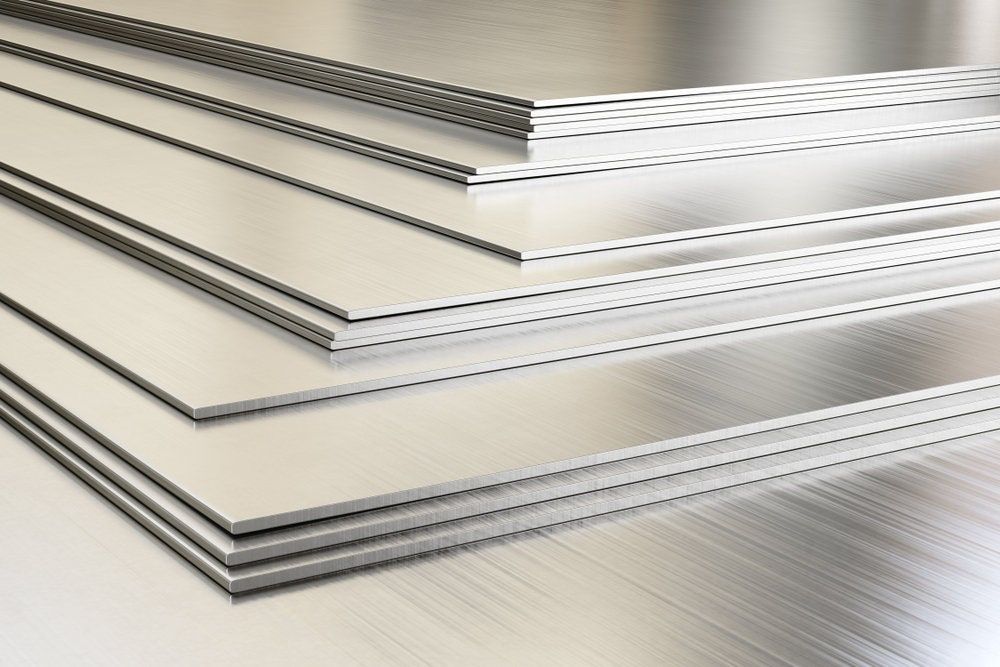
fuente: Pinterest
El acero inoxidable es una aleación de acero que contiene al menos 10.5% cromo por misa, conocido por su resistencia a la corrosión y la durabilidad. Es un material popular utilizado en diferentes industrias, como la construcción, servicio de alimentos, Equipo medico, y transporte, Debido a su apariencia y funcionalidad estéticamente agradables.
A lo largo de este artículo, Exploraremos diferentes preguntas relacionadas con las calificaciones de acero inoxidable., incluidos los tipos de acero inoxidable disponibles, Los tres grados más comunes de acero inoxidable, las diferencias entre ellos, los grados de acero inoxidable AISI, y los diversos productos ofrecidos por Fabricantes y proveedores de acero inoxidable. Al final de este artículo, Debe tener una mejor comprensión de diferentes grados de acero inoxidable y cómo se usan en varias aplicaciones..
Tipos de grados de acero inoxidable
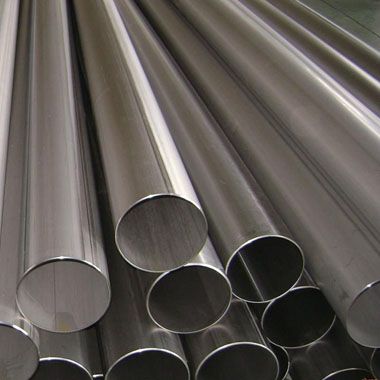
fuente: Pinterest
El acero inoxidable está disponible en varios tipos de grados, cada uno con propiedades y aplicaciones distintas. Estos grados se pueden clasificar en cinco tipos, a saber austenítico, ferrítico, martensítico, dúplex, y aceros inoxidables en control de precipitaciones.
Acero inoxidable austenítico
El acero inoxidable austenítico es el tipo más común de acero inoxidable, contabilizando alrededor 70% de producción de acero inoxidable. No es magnético y tiene una excelente resistencia a la corrosión, ductilidad, y dureza. Su uso principal es en industrias como el procesamiento de alimentos, médico, y arquitectónica.
Acero inoxidable ferrítico
El acero inoxidable ferrítico tiene un alto porcentaje de cromo (10.5% a 30%), con bajo contenido de carbono. Tiene una menor resistencia a la corrosión en comparación con el acero inoxidable austenítico y es más asequible y más fácil de fabricar. Sus usos principales están en la industria automotriz, batería de cocina, y materiales de construcción.
Acero inoxidable martensítico
El acero inoxidable martensítico es magnético y duro, con altos niveles de carbono y cromo. Se usa en componentes automotrices, cuchillas, y palas de turbina debido a su alta fuerza y dureza.
Acero inoxidable dúplex
El acero inoxidable dúplex tiene una microestructura de dos fases que consiste en estructuras austeníticas y ferríticas. Ofrece alta resistencia y resistencia a la corrosión, haciéndolo adecuado para el procesamiento de productos químicos, Producción de petróleo y gas, y producción de pulpa y papel.
Acero inoxidable para endurecer la precipitación
El acero inoxidable endureciendo por precipitación contiene elementos de aleación como el cobre, aluminio, y titanio, que se puede tratar con calor para mejorar su resistencia y dureza. Se usa en componentes aeroespaciales, motores de alto rendimiento, e instrumentos quirúrgicos.
Los tres grados de acero inoxidable
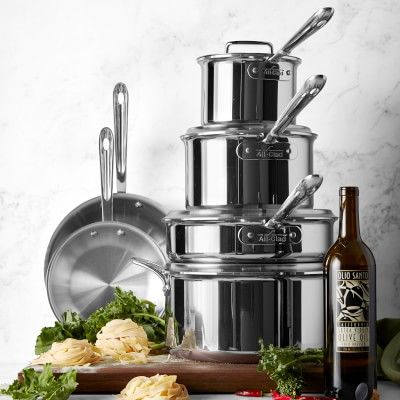
fuente: Pinterest
Comprender los diferentes grados de acero inoxidable es importante para elegir el material adecuado para una aplicación específica. Cada grado tiene sus propiedades únicas, ventajas, y desventajas, Haciendo esencial saber qué calificación funcionará mejor para un caso de uso específico. Los tres grados más comunes de acero inoxidable son 304, 316, y 420. Cada grado tiene sus propiedades y aplicaciones únicas.
304 Acero inoxidable
304 El acero inoxidable es el grado más utilizado de acero inoxidable, conocido por su excelente resistencia y formabilidad de la corrosión. Contiene 18% cromo y 8% níquel, haciéndolo adecuado para el procesamiento de alimentos, equipo de cocina, y procesamiento químico.
316 Acero inoxidable
316 El acero inoxidable es un grado más alto de acero inoxidable que 304, que contiene 16% cromo, 10% níquel, y 2% molibdeno. Su mayor contenido de molibdeno mejora su resistencia a la corrosión, especialmente en entornos de cloruro. Es ideal para aplicaciones marinas, Equipo medico, y procesamiento químico.
420 Acero inoxidable
420 El acero inoxidable es un grado martensítico de acero inoxidable que contiene 13% cromo, Proporcionar buena resistencia a la corrosión y alta dureza. Es adecuado para cuchillas, instrumentos quirúrgicos, y herramientas de medición.
Cuando se trata de 304 VS 316 acero inoxidable, Ambos grados son austeníticos y tienen propiedades similares de resistencia a la corrosión. Sin embargo, 316 El acero inoxidable es superior a 304 en entornos de cloruro debido a su mayor contenido de molibdeno. Además, 316 es más caro que 304, Por lo tanto, la elección entre los dos grados a menudo depende de la aplicación y el presupuesto específicos.
Diferencias entre los grados de acero inoxidable
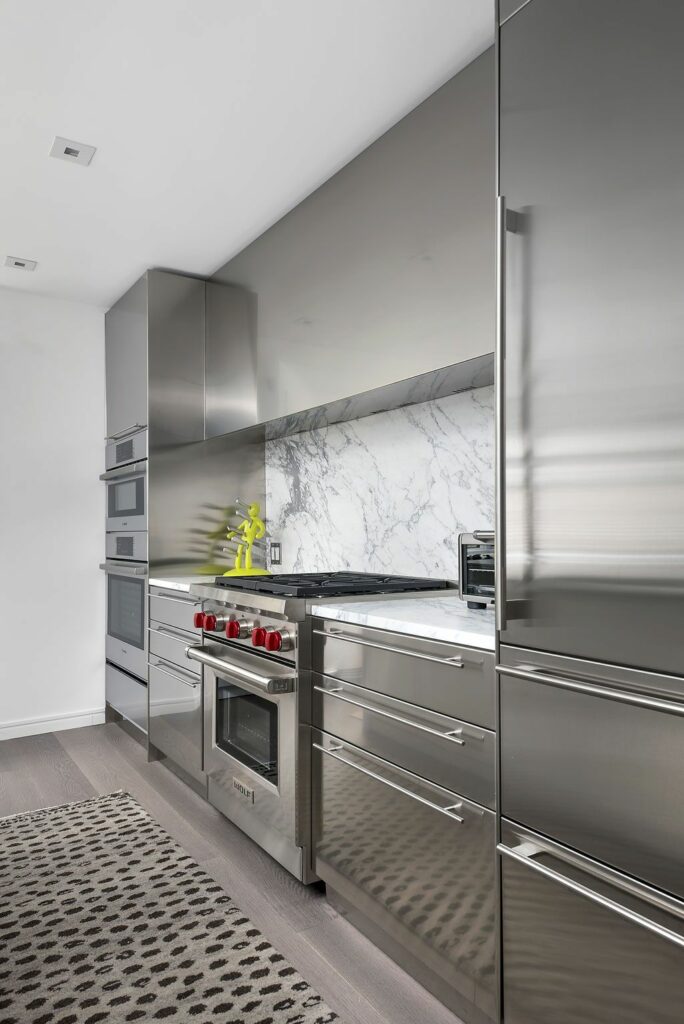
fuente: Pinterest
Las diferencias entre los grados de acero inoxidable incluyen su composición, propiedades mecánicas, y costos. Conocer las diferencias es esencial para elegir el grado correcto para aplicaciones específicas. Factores como la resistencia a la corrosión, fortaleza, y la dureza son esenciales para determinar la mejor calificación para usos específicos. Por ejemplo, Los grados austeníticos son más resistentes a la corrosión, Mientras que las calificaciones martensíticas son más duraderas y más difíciles.
Grados de acero inoxidable AISI
El American Iron and Steel Institute (Aisi) Clasifica el acero inoxidable en tres categorías basadas en sus estructuras de cristal: austenítico, ferrítico, y martensítico.
- Calificaciones austeníticas: 200 (201, 202), 300 (303, 304, 316), y 400 (430) serie
- Grados ferríticos: 200 (201, 202), y 400 (409, 430) serie
- Grados martensíticos: 400 serie (410, 420, 440)
Elegir el grado correcto de acero inoxidable
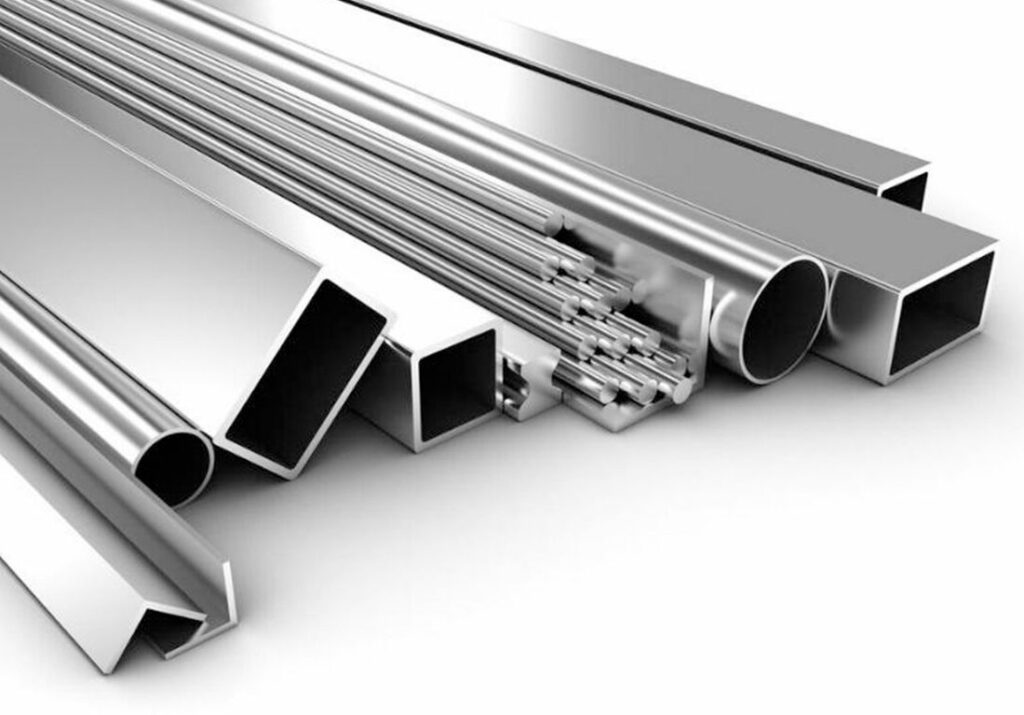
fuente: Pinterest
Elegir el grado correcto de acero inoxidable es esencial para garantizar el rendimiento y la durabilidad de un producto o aplicación en particular. Aquí hay algunos factores a considerar al seleccionar el grado apropiado de acero inoxidable:
- Resistencia a la corrosión: Considere el entorno en el que se utilizará el acero inoxidable. Si va a estar expuesto al agua salada u otras sustancias corrosivas, un acero de acero inoxidable de mayor grado como 316 o el acero inoxidable dúplex puede ser necesario.
- Fuerza y dureza: Determinar el nivel de resistencia y dureza requeridos para el producto o aplicación. Diferentes grados de acero inoxidable tienen diferentes niveles de resistencia y dureza, con el acero inoxidable martensítico es el más duro y duradero.
- Fabricación: Considere la facilidad de fabricación y soldadura para el grado de acero inoxidable. Ciertas calificaciones son más difíciles de soldar que otras, resultando en mayores costos de soldadura y mano de obra.
- Resistencia a la temperatura: Determinar el rango de temperatura al que el acero inoxidable estará expuesto. Algunos grados de acero inoxidable pueden manejar temperaturas más altas mejor que otras, Hacerlos adecuados para aplicaciones de alta temperatura, como componentes del horno.
- Costo: Considere el costo del grado de acero inoxidable. El acero inoxidable de mayor grado a menudo es más caro que el de menor grado, Haciendo importante equilibrar el costo con los requisitos de rendimiento.
Teniendo en cuenta estos factores, Puede elegir el grado correcto de acero inoxidable que satisfaga las necesidades específicas de su producto o aplicación.. También es esencial trabajar con un fabricante o proveedor de acero inoxidable de buena reputación que pueda brindarle consejos expertos sobre la selección de la calificación correcta de acero inoxidable para su proyecto.
Elegir los proveedores correctos de acero inoxidable
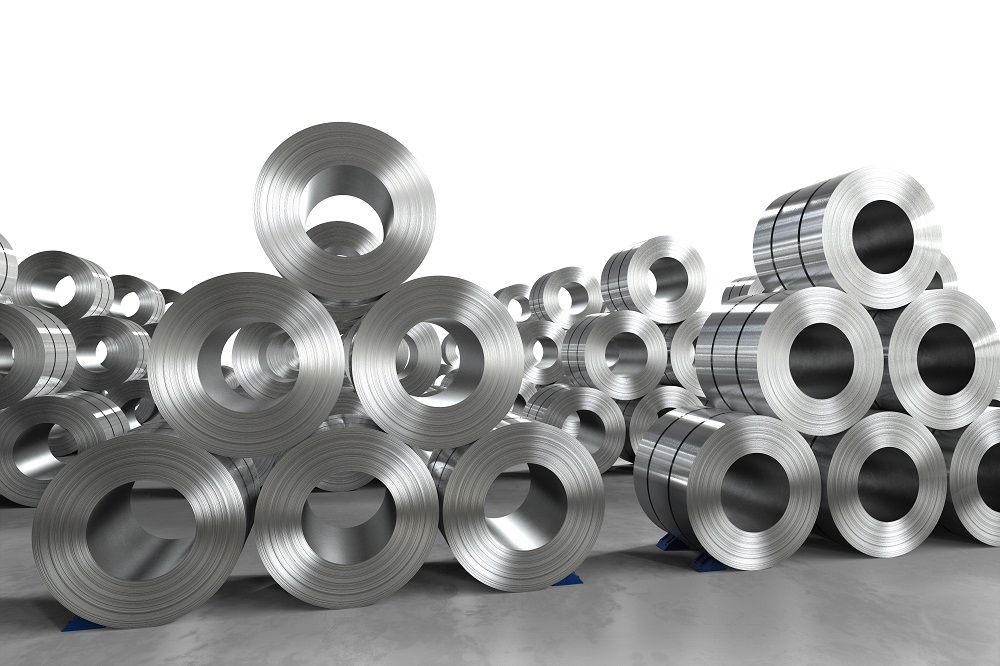
fuente: Pinterest
Elegir un fabricante o proveedor de acero inoxidable confiable y de buena reputación es crucial para obtener el grado correcto y la calidad de los productos de acero inoxidable. Los fabricantes y proveedores ofrecen diferentes formas de productos de acero inoxidable, como hojas y placas de acero inoxidable, bobina de acero inoxidable, tira de acero inoxidable, y tubería de acero inoxidable.
Aquí hay algunos factores a considerar al elegir un fabricante o proveedor de acero inoxidable:
- Experiencia y reputación: Busque un fabricante o proveedor con años de experiencia en la industria y una buena reputación para proporcionar productos de acero inoxidable de alta calidad..
- Certificaciones: Verifique si el fabricante o proveedor tiene las certificaciones necesarias como ISO, Astm, o en para asegurarse de que sus productos cumplan con los estándares requeridos.
- Gama de productos: Busque un fabricante o proveedor que ofrezca una amplia gama de productos de acero inoxidable, incluyendo hojas de acero inoxidable y platos, bobina de acero inoxidable, tira de acero inoxidable, tubería de acero inoxidable, y otros productos hechos a medida.
- Soporte al cliente: Un buen fabricante o proveedor debe proporcionar una excelente atención al cliente, incluyendo asistencia técnica y soporte postventa, para garantizar que sus clientes estén satisfechos con sus productos y servicios.
- Fijación de precios: Compare el precio de diferentes fabricantes o proveedores para obtener el mejor valor por su dinero. Sin embargo, Recuerde que la opción más barata puede no ser necesariamente la mejor opción en términos de calidad y servicio..
- Entrega y envío: Considere las opciones de tiempo y tiempo de envío del fabricante o proveedor para garantizar que reciba sus productos de manera oportuna y rentable..
Considerando estos factores, Puede encontrar un fabricante o proveedor de acero inoxidable confiable y acreditado que pueda proporcionarle productos de alta calidad que satisfagan sus necesidades y requisitos específicos..
Conclusión
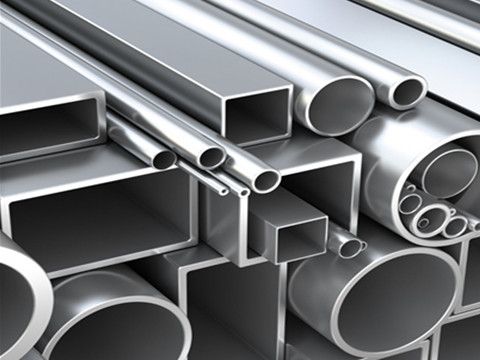
fuente: Pinterest
Diferentes grados de acero inoxidable tienen propiedades y ventajas únicas, haciéndolos adecuados para varias aplicaciones. Elegir el grado correcto de acero inoxidable depende de varios factores como resistencia a la corrosión, fortaleza, y dureza. Un fabricante o proveedor de acero inoxidable confiable y de buena reputación es esencial para obtener los productos adecuados para aplicaciones específicas.






